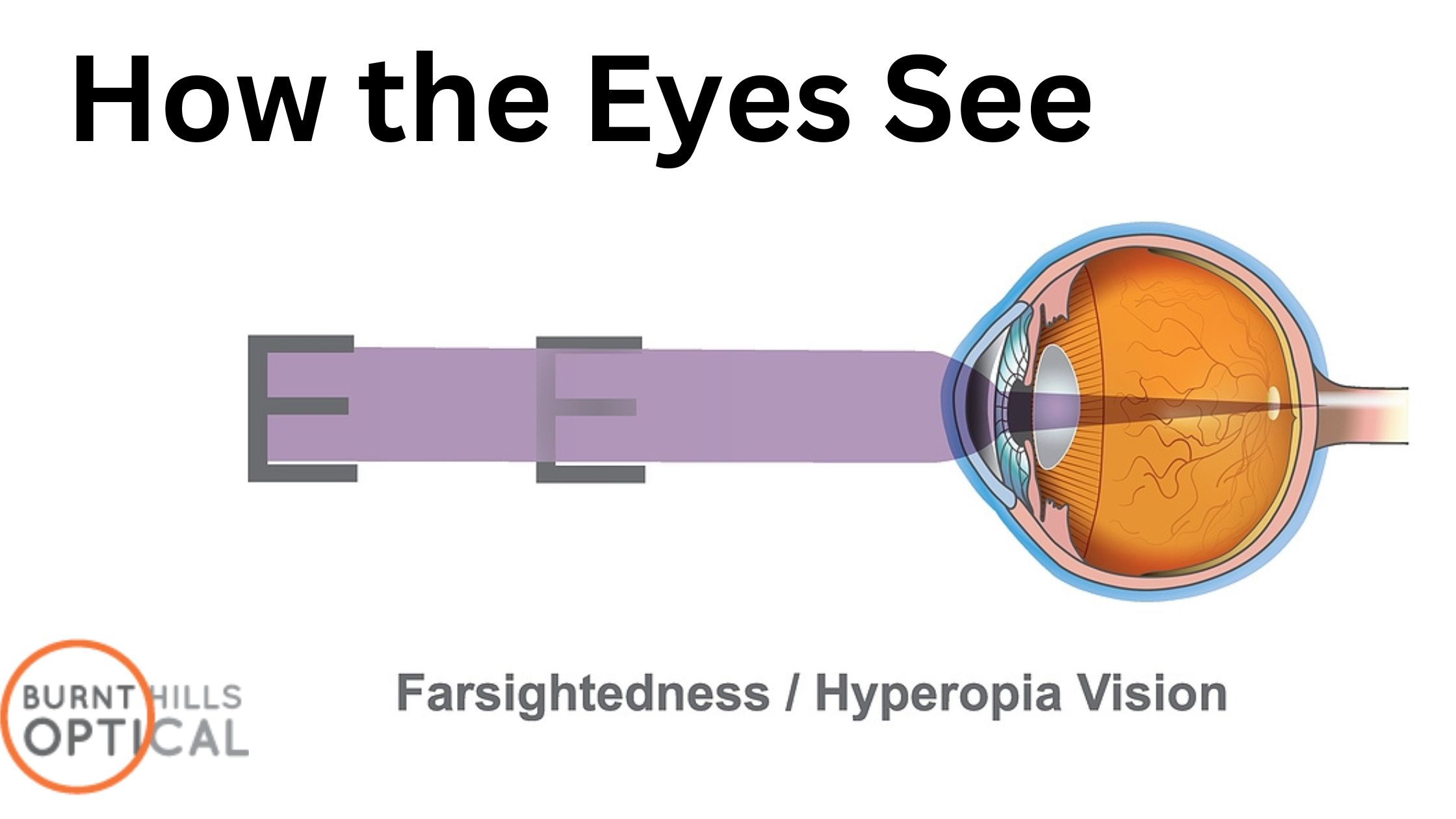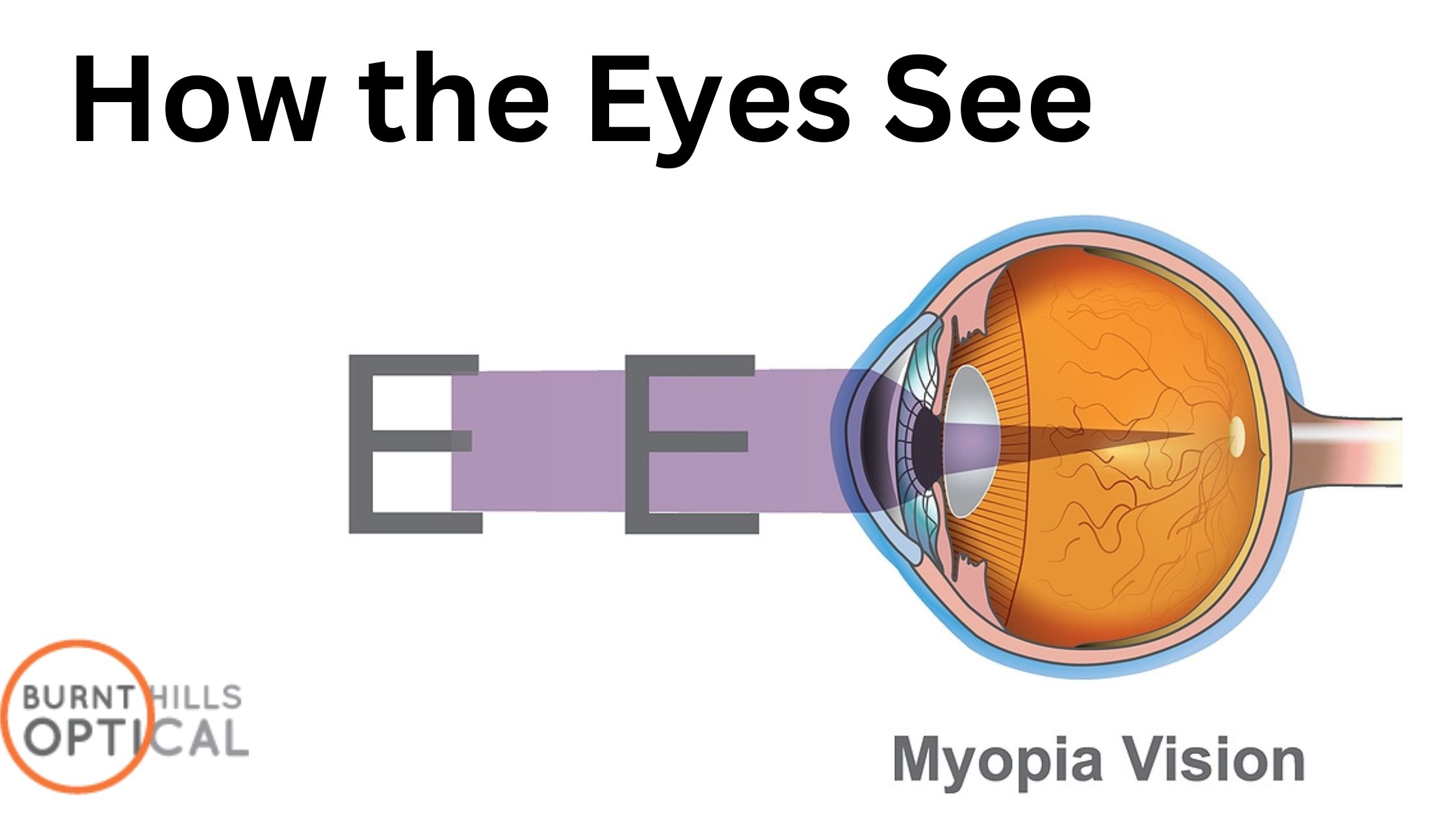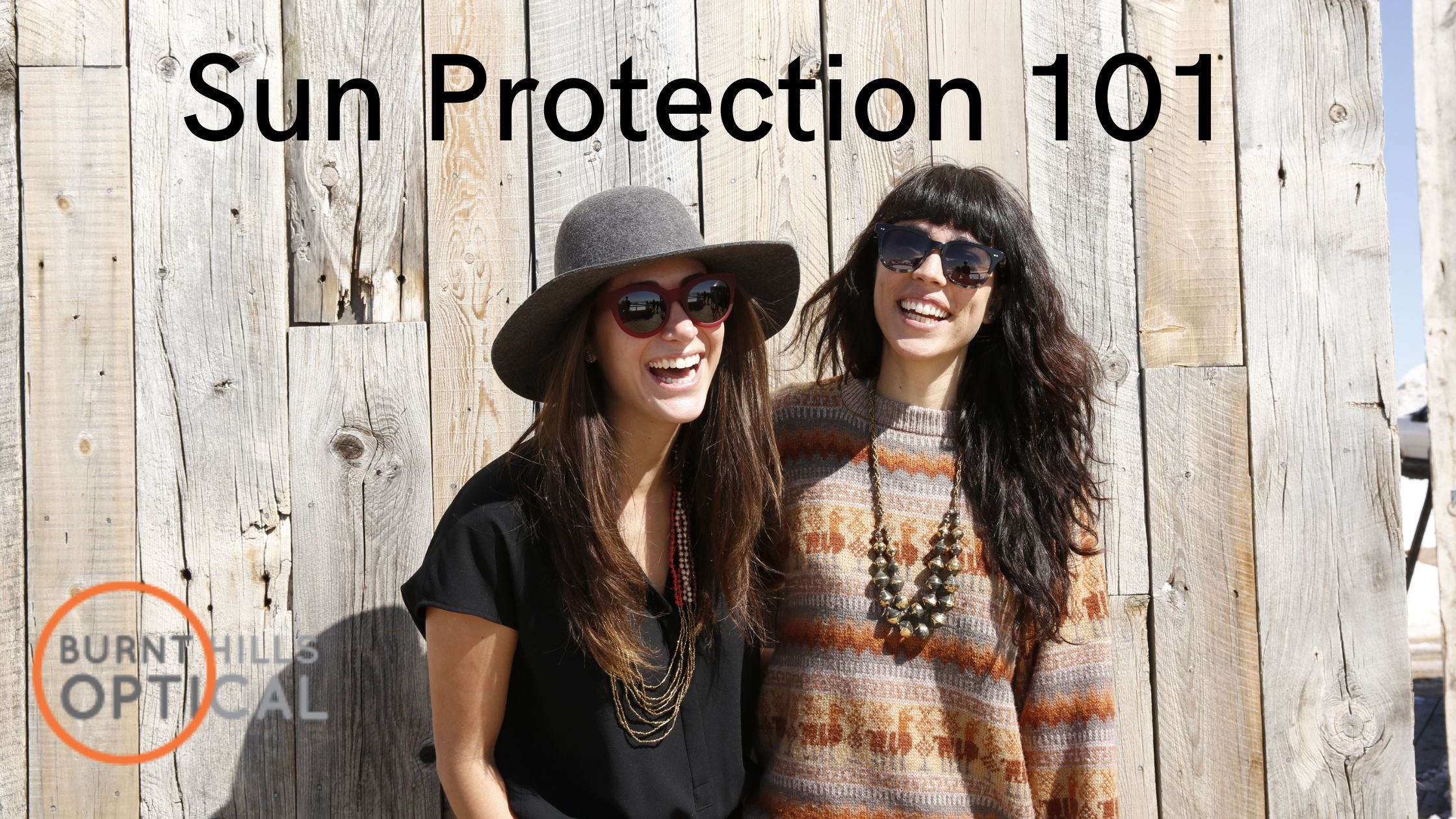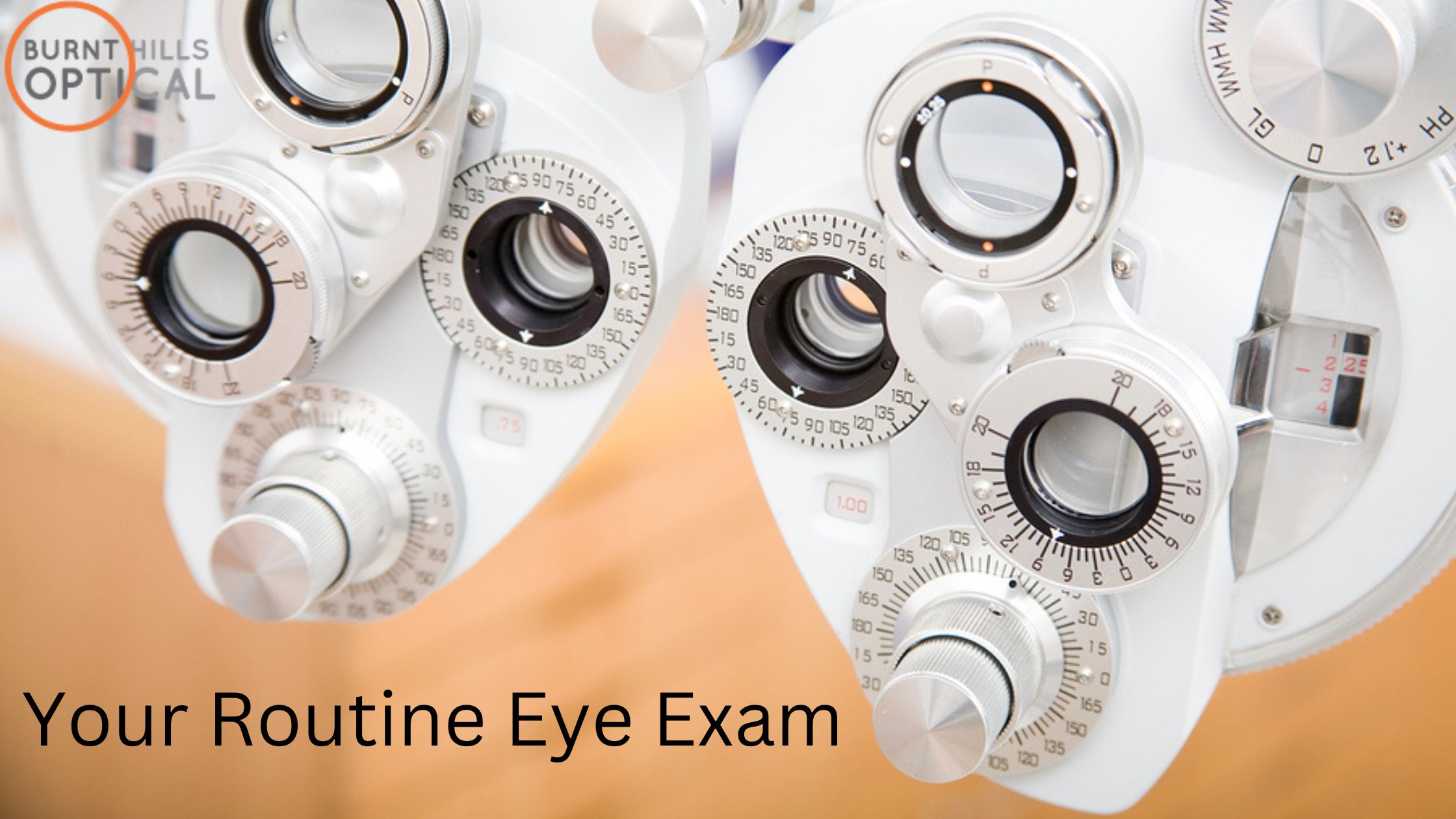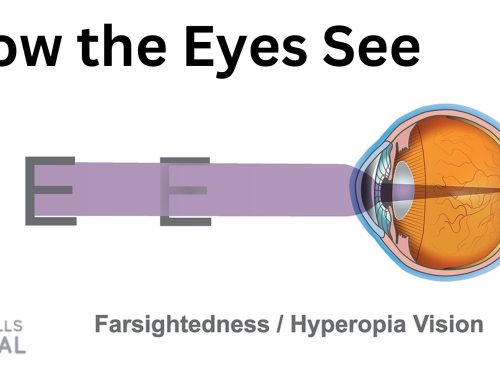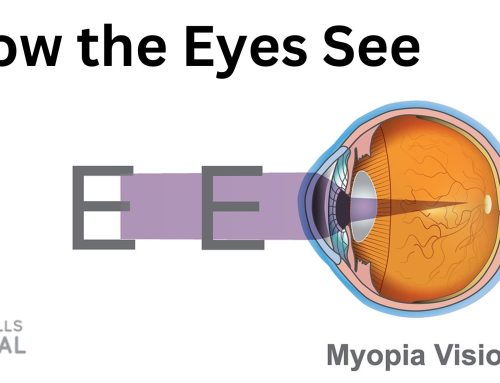Common Eye Health Misconceptions
Misconceptions about health and disease are remarkably common. Thus, it should come as no surprise that for something as important as vision and sight, medical myths seem particularly difficult to dislodge. Here are some of the most common:
Myth: Unless I feel pain or notice changes in my vision, I don’t need an eye exam.
Fact: Most eye diseases, like glaucoma and age-related macular degeneration (AMD), have no early warning signs or symptoms. By the time a change in vision is noticed, the damage can be irreversible. Regardless of symptoms, regular eye exams are essential in protecting sight.
Myth: Computer screens ruin your eye sight.
Fact: Spending long hours in front of a computer screen may cause eyes to feel tired and strained for a variety of reasons, including the tendency to blink less frequently. But the good news is that computer screens are not responsible for any permanent damage to vision.
Myth: Vision loss is a normal part of aging.
Fact: Most vision loss can be prevented as long as you catch eye diseases early and take steps to protect your vision. Staying active, eating healthy foods and practicing other healthy habits will help protect your vision as you age.
Myth: Kids Don’t Need Sunglasses.
Fact: Because children spend significantly more time outdoors than most adults, some experts say that up to half of a person’s lifetime exposure to UV radiation can occur by age 18. Children’s eyes are more susceptible to UV and HEV radiation than adult eyes because the lens inside a child’s eye is less capable of filtering these high-energy rays.
Myth: Reading under dim light and sitting too close to the television cause eye damage.
Fact: These behaviors can cause eye strain, but they do not cause damage. However, someone who is over age 60 does require three times more light to read than a person in their 20’s. As we get older and lose contrast sensitivity, light starts making a big difference. If you are having trouble reading something, check the light.
When it comes to eye health, it’s important to know the facts to protect your family’s vision. If you have any questions about this article or any other eye care issues, you can always ask us on our Facebook page. We promise a prompt response and would be happy to help ensure the health and well-being of your vision


